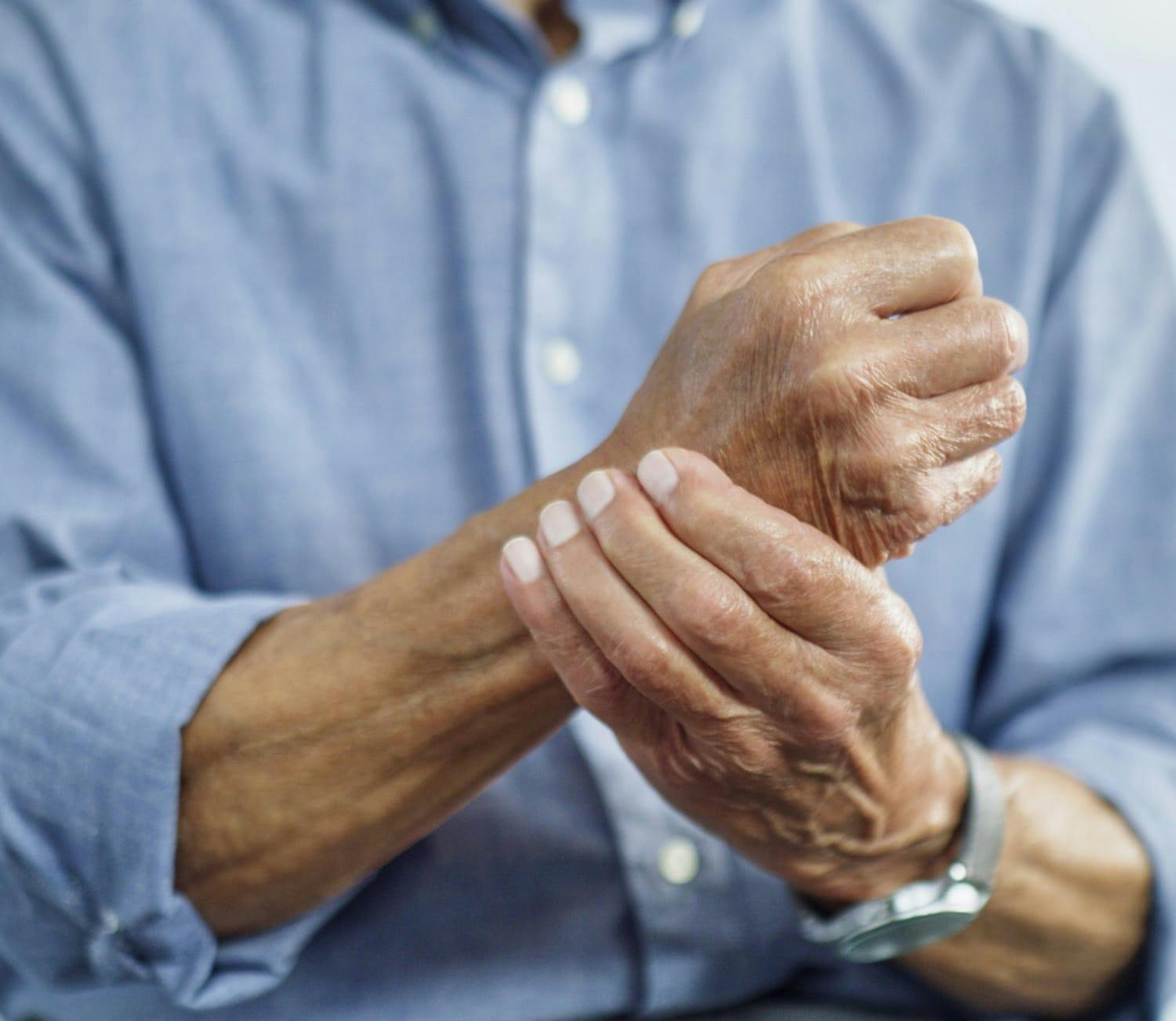Dupuytren's Contracture is a condition that affects the hands, causing the fingers to bend towards the palm, making it difficult to straighten them.
What Causes Dupuytren’s Contracture?
The exact cause of Dupuytren's Contracture is unknown. However, it is believed to be caused by a combination of genetic and environmental factors. The disease is more common in people of Northern European descent and is more common in men than women. Some researchers believe that Dupuytren's Contracture may be linked to certain medical conditions, such as diabetes, thyroid disease, and epilepsy. It may also be linked to certain medications, such as anticonvulsants and cholesterol-lowering drugs.














